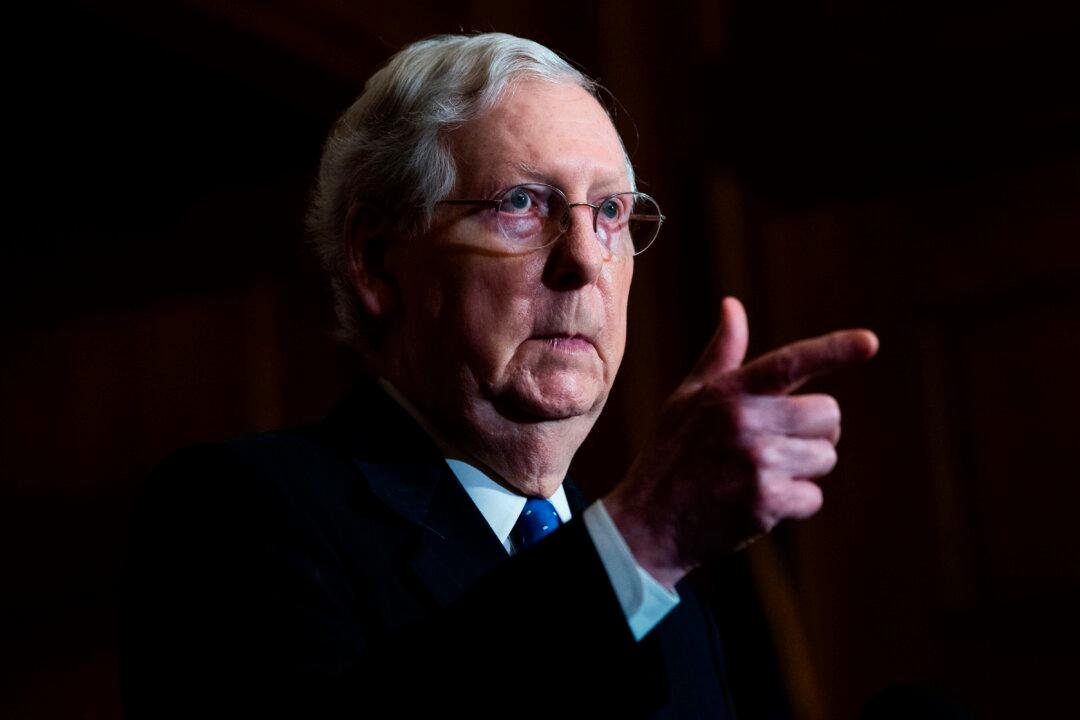A compromise on a new stimulus is in sight, the top Republican in Congress said Dec. 3.
“Compromise is within reach. We know where we agree. We can do this. Let me say it again. We can do this and we need to do this. So, let’s be about actually making a law,” Senate Majority Leader Mitch McConnell (R-Ky.) said on the Senate floor in Washington.





